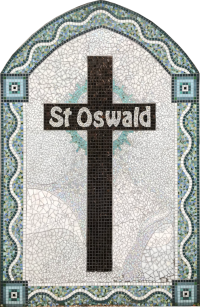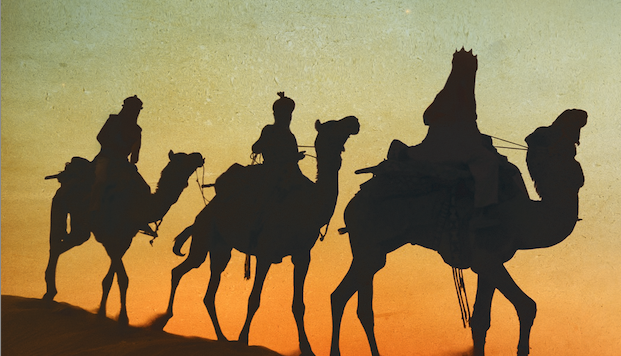The story of the coming of the Magi grew in the telling. By the 6th century they had acquired names: Caspar, Melchior, and Balthasar. By medieval times they were considered to be kings. Whoever they were, we do know from Matthew that they brought three gifts to Jesus.
What about their gifts of gold, frankincense and myrrh? While we cannot know for sure what was in the minds of first century Magi, one Victorian scholar has offered a possible explanation as to the significance of their gifts. He was the Rev John Henry Hopkins, an American Episcopalian minister, who in 1857 wrote his much-loved Christmas carol, ‘We Three Kings of Orient Are’.
Gold, said John Henry Hopkins, was a gift that would have been given to a king. Frankincense had traditionally been brought by priests as they worshipped God in the Temple. Myrrh was a spice that the ancients used in preparing bodies for burial.
If that is true, then you could say that the Wise Men, in choosing their gifts for this infant, honoured Jesus with gold because He was King of the Jews, with frankincense because He was to be worshipped as divine, and with myrrh, because He would also become a sacrifice and die for His people.
The Wise Men were the very first gentiles ever to worship Jesus. What faith they had! They travelled for months over difficult terrain, they never saw any evidence of Jesus’ kingship, His divinity or His sacrificial death. They worshipped Him through faith in God’s promises about Him. Isaiah foresaw this response to Jesus: ‘Nations will come to your light, and kings to the brightness of your dawn.’ The Magi’s eyes of faith saw clearly and far into the future.
Compare that with the High Priest and religious leaders whom the Wise Men saw in Jerusalem when they first arrived. These head priests knew all about the prophecies of their own coming Messiah, but NOT ONE Jewish religious leader travelled to look for Him in Bethlehem. And it is only six miles down the road!

